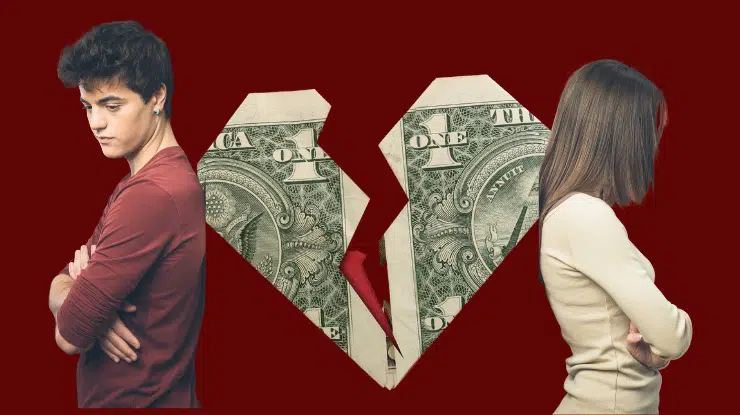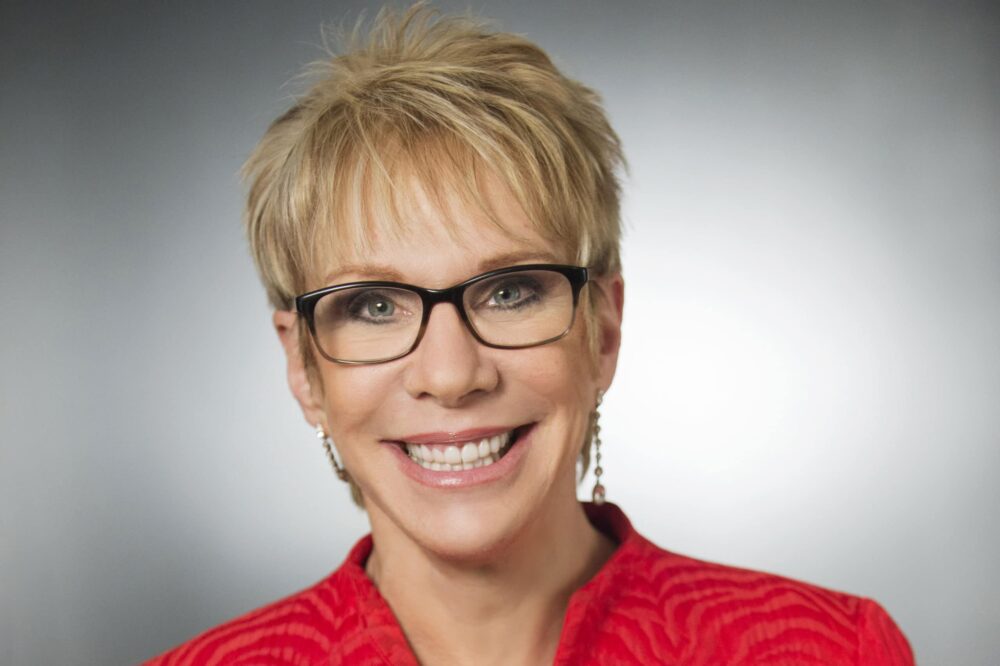
I am a survivor of abuse. But I swear, at first, it felt like love.
He wanted to take care of me, he said. He paid the bills, managed the investments, balanced my checkbook. I was the luckiest girl in the world.
Until the lies started. And the gaslighting. He refused to explain why there was no money in the bank, why creditors kept calling, why he yelled about my overspending when I wasn’t, why he quit his job to focus on investing but kept incurring huge losses.
Finally, it hit me. What I regarded as caring and concern was, in truth, a power play to gain control. It was a classic case of Financial Abuse.
At the time, I’d never heard the term. Nor did I realize it was a serious form of domestic violence, which can start off subtly, as in my case, but often escalates to emotional and physical abuse, as it also did in my case.
Today Financial Abuse is on the rise. And it doesn’t just occur in romantic relationships, but with business partnerships, roommates, even parents and adult children.
How do you know if you’re a victim of Financial Abuse? Here are 10 signs:
- Your partner refuses to talk about money. He gets defensive, angry or accusatory.
- Your partner goes on spending binges, buying expensive items you really can’t afford.
- Your partner racks up debt on your credit card.
- Your partner frequently gambles, at the casino, the race track, or in the stock market.
- You get frequent calls from creditors, which your partner dismisses or assures you everything is ok.
- Your partner keeps saying you don’t have enough to buy certain items, which doesn’t make sense based on your incomes.
- Your partner uses money to control you or restricts your access to money.
- You question your partner’s financial decisions, and he immediately turns the table and makes you wrong.
- You notice how often you excuse, justify, rationalize his behavior to others and yourself.
- Your gut tells you something is wrong.
If even one of these feels familiar, do NOT ignore. Begin by admitting you’re with an abuser. This can be the hardest step.
Then call the National Domestic Violence Hotline at 1−800−799−7233. They will help you devise a plan to figure out your next steps.
Recovering from financial abuse won’t happen overnight. It’s a long journey of emotional healing, financial education, and getting lots of support. But I guarantee it’s a journey well worth taking.
Were you aware of Financial Abuse before reading this? Leave me a comment below.

Comments